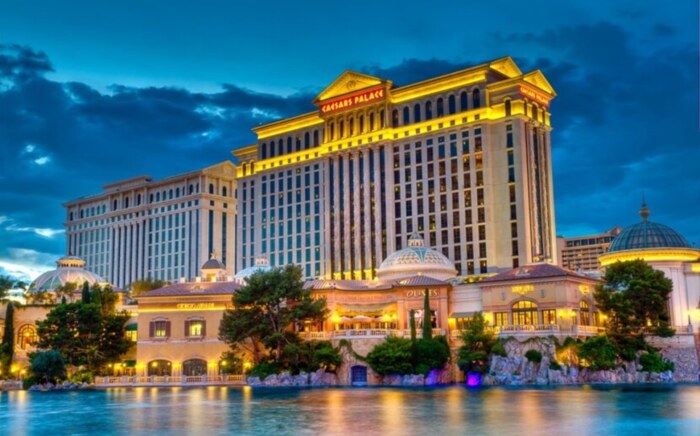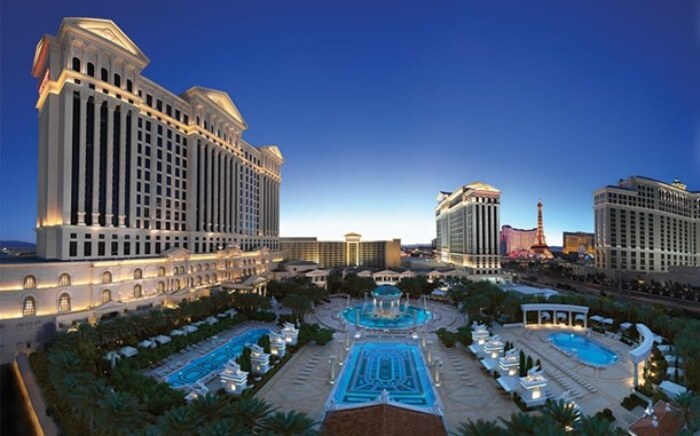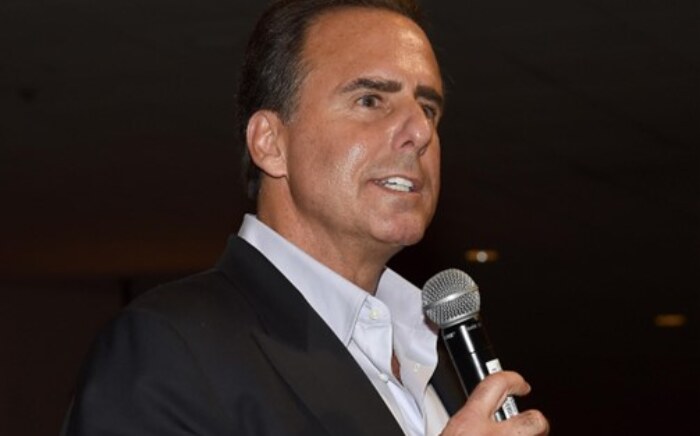Technology is an immersive, seamless part of our lives. And for those running the enterprise hospitality organizations that host travelers, the interactive opportunities have soared — creating experiential new ways to engage the guest. Specifically, technology has exponentially improved the hospitality industry in three core areas: SaaS, guest experience, and digital hotels. These three areas all picked up speed throughout the pandemic and will continue to grow as new businesses enter the market.
SaaS innovation has opened the door to new opportunities.
New companies have tapped into a wealth of hotel technology opportunities, from cloud-based property management systems to upselling systems. The objective for these new platforms and cloud-based innovation is to capitalize on more streamlined operations and paths to additional revenue.
These solutions make properties more responsive and ready to act. Utilizing a holistic view of hotel experience through the lens of information is the difference between a 4-star and 5-star property.
The guest experience is a fully integrated ecosystem.
In a connected world, customers are savvier and have more expectations of immediate gratification. According to Salesforce Research, 64% of consumers expect companies to respond and interact with them in real-time.
AI and machine learning have catapulted hotel property capabilities. On-demand guest services have arrived with voice activation and in-room integration. Whether a guest wants to change the channel, order food, book appointments, pay tabs, or explore the town from the comfort of their room — convenient background solutions can subtly respond and offer solutions to service-related requests at lightning speed.
The hotel expands to curated locations.

The pandemic necessitated the hotel industry to re-evaluate how and when people could travel and book lodging. Properties have expanded their reach with hotel tech to add their label to luxury spaces offsite of their actual block. Companies like Sonder have secured $225M Series D funding and the attention of hospitality organizations and VCs. They offer agile white label curated and designed spaces that act as continuations of the properties’ brand.
Specific initiatives that I championed at Caesar’s Entertainment – as a way of enhancing the property’s guest engagement – included Ivy™, a 24-hour virtual concierge service. Caesar’s was the first major gaming company in Las Vegas to offer a widespread guest text messaging program with built-in artificial intelligence. With Ivy, guests could book dining, entertainment, and spa experiences and facilitate housekeeping and maintenance requests. Cromwell mobile device-driven keyless entry into rooms was also implemented. These innovations reduced surface touchpoints and fully integrated experiential details.
The renaissance of the hospitality industry that has dovetailed off the transformation of the past year means more options for hotels to attract and retain customers and more engaging, anticipatory experiences for customers. SaaS, guest experience technology, and white label spaces are three trends that demonstrate how technology has changed Hospitality for the better





